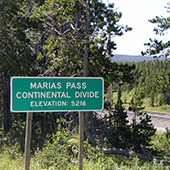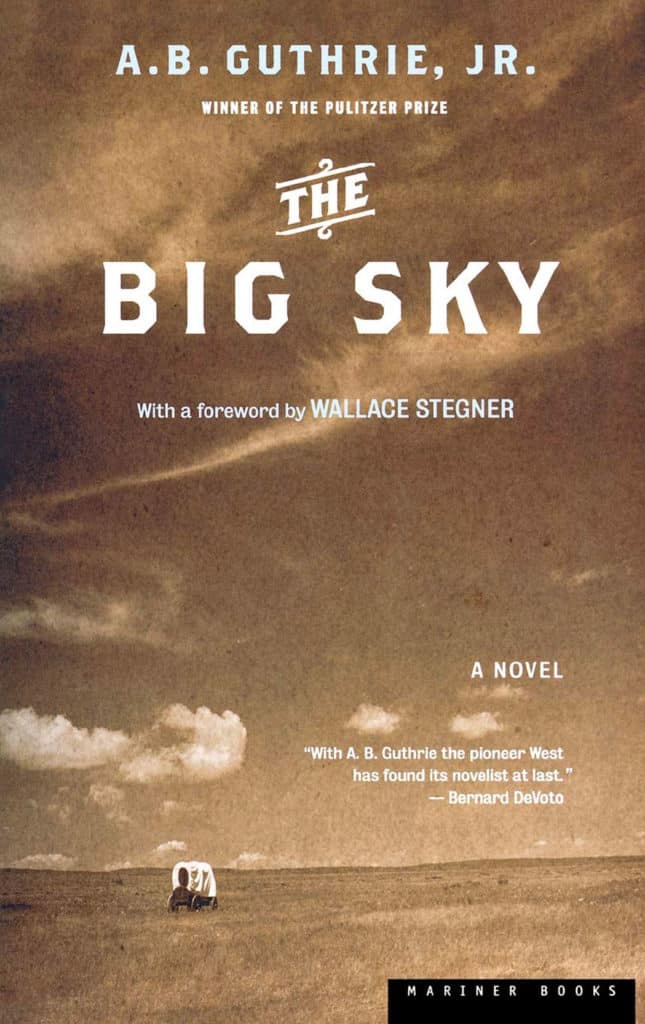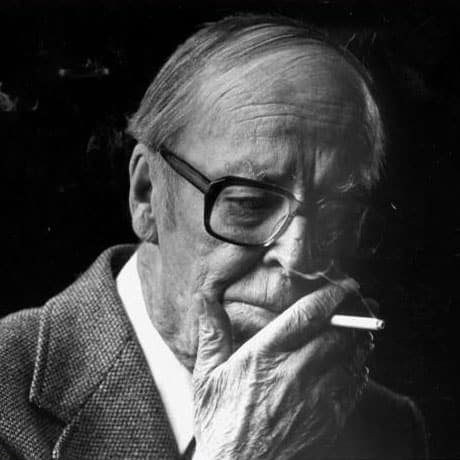The Big Sky: Marias Pass
Along toward the middle of the day, beyond where even a trickle of water ran, Boone climbed the last lift to the divide. One way the land pitched down to Oregon, to the Flathead and Clark’s Fork and the Columbia and the western sea; the other, it fell off to the Marias and Missouri, to Blackfoot country and Red Horn’s band and Teal Eye carrying his young one in her. It was strange that a man could go off and leave a part of him living behind him and have no power over it and no say-so but only the knowledge that there was a live piece of him that wasn’t with him. (295)
Guthrie, A.B., Jr. The Big Sky. Boston, Houghton Mifflin, 2002.



